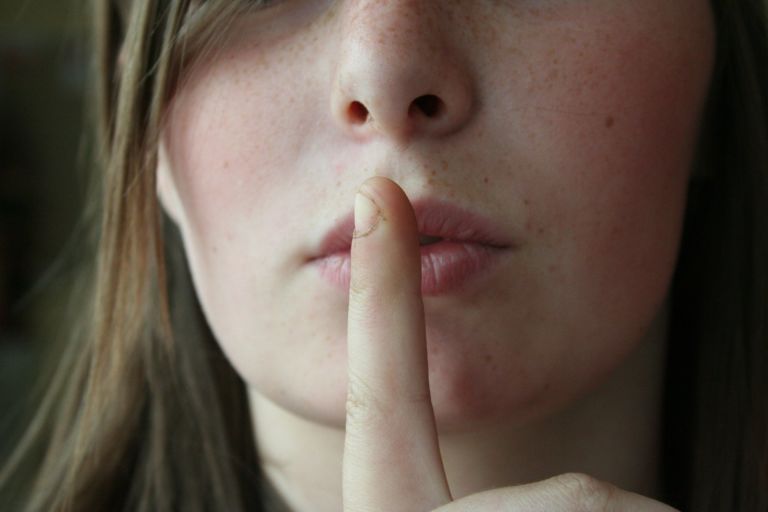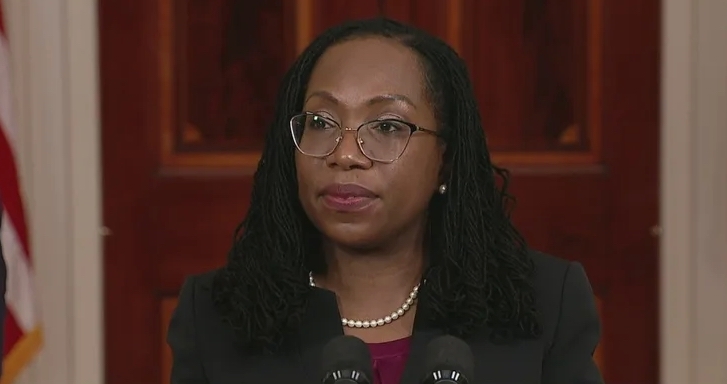Shannon Watkins of the Martin Center focuses on campus free expression in her latest interview.
Many college campuses aren’t as hospitable to open inquiry and free expression as they should be. However, there is reason for hope. Numerous individuals and organizations across the country have dedicated themselves to the task of helping policymakers, administrators, faculty, and students understand the value of civil dialogue and disagreement.
One of those organizations is the Bipartisan Policy Center (BPC) in Washington DC, which has its own Campus Free Expression Project. The project is headed by Jacqueline Pfeffer Merrill, who works to promote a campus culture that is “diverse, inclusive, and open to robust intellectual exchange.” …
… Tell me a little bit about the Campus Free Expression Project.
The Campus Free Expression Project works with campus leaders to develop policies, programs, and curricula that make for a welcoming environment for robust intellectual exchange. We’re really concerned that colleges prepare students to be able to have conversations across principled disagreements and to work constructively with people with whom one might have a very different point of view. That’s why BPC was interested in starting this project and the spirit in which we’re undertaking this work. …
… What are some other specific obstacles to free expression on college campuses?
There are a lot of challenges to open exchange on college campuses, which is why we need a lot of strategies to try to restore a campus culture of freedom of expression and frank and open dialogue. One of the challenges that we find— this an important one today—is social media. It has really transformed conversation on college campuses, even on residential campuses where people could be face to face. A Knight Gallup 2020 survey of undergraduates found that 58 percent of students said that most discussion of social and political ideas takes place on social media, even though only 29 percent of the students said that such conversation is usually civil.
That means that people are engaged in fractious and uncivil conversation [on social media]. It’s a medium that encourages outrage, that silos those who think a certain way, and encourages one to think that people who have different views are bad people. Certainly, it’s not a forum that supports nuanced discussion and debate; you can’t develop an academically robust position in 140 characters.


